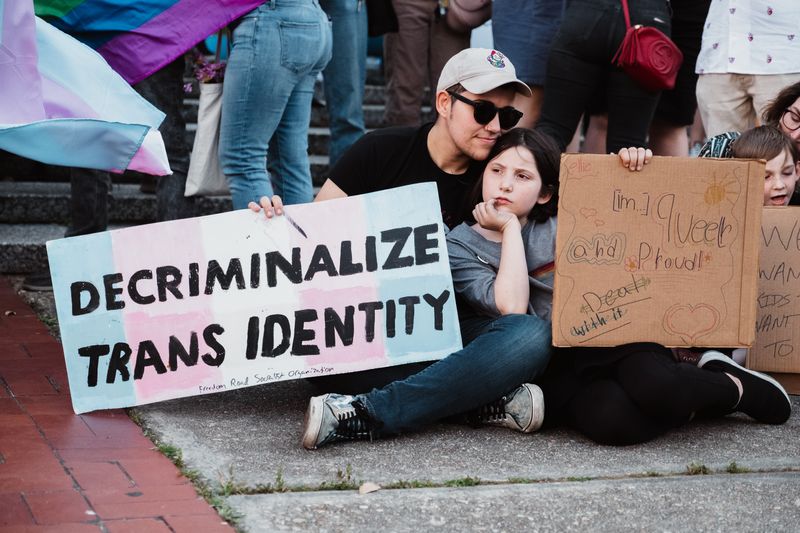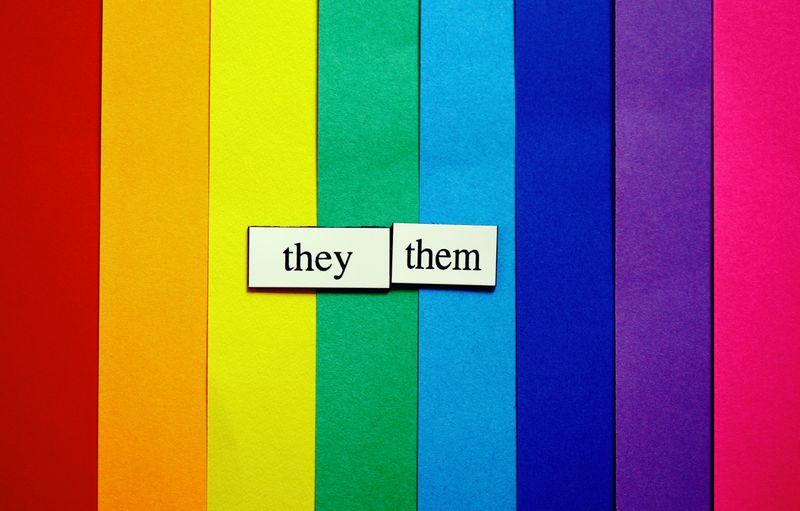 Photo by Katie Rainbow 🏳️🌈 on Unsplash
Photo by Katie Rainbow 🏳️🌈 on Unsplash"Hey, I wanted to let you know that even if you see me as a girl, I've always felt like a boy."
It might be a surprise or shock to you, but your friend is coming out to you as a trans person. Whether they're going through a joyful experience or a scary process, your friend will need support. Here is how you can help.
Things to Remember to Be a Good Ally
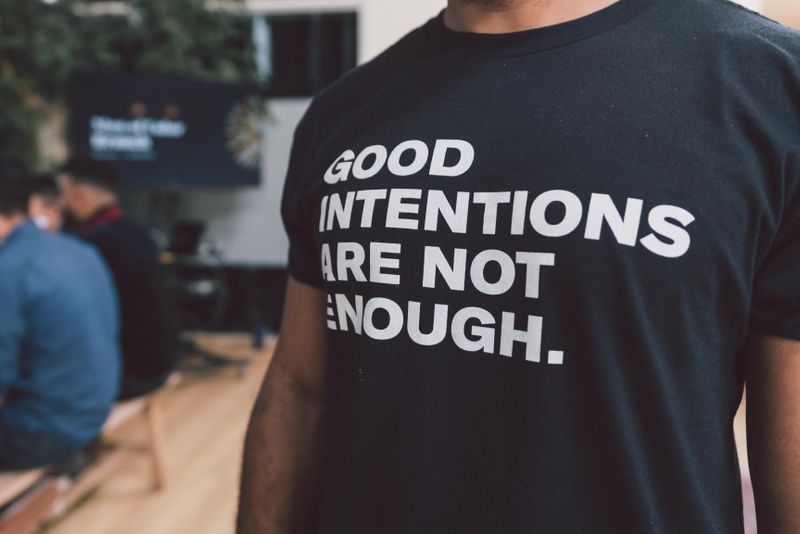 Photo by Edgar Chaparro on Unsplash
Photo by Edgar Chaparro on UnsplashWhat is a transgender ally?
An ally works towards improving the experience of transgender people by challenging individual attitudes and beliefs, institutions and culture, and representing the needs of LGBTQIA people.
There are different ways to be a great ally.
Because of different racial, ethnic, or religious backgrounds, not every trans person needs to be supported the same way. Always ask how you can be a supportive ally and be respectful.
Respect your friend's new identity even if you don't understand them.
Even if you don't know a lot about transgender identity, do your best to educate yourself about the struggles of the transgender community.
Not every transgender person looks the same.
You might not be able to tell if a person is transgender or not, as there isn't one way for a trans person to look.
Transitioning will be different from one transperson to another.
Depending on their own choice, access to resources, or for safety reasons, transgender people may not change their name or appearance, or they may choose to medically transition later in life.
Be an ally even when your friend isn't there.
Support the trans community even when you know or think no trans person is around. Challenge anti-transgender jokes and conversations, and learn about laws and policies affecting transgender people.
What to Say to Your Friend
"Thank you for sharing!"
Your friend trusts you and is comfortable enough to share this big step in their life. Acknowledging it shows that you care about them.
"How are you feeling?"
You don't know if they're happy, anxious, or afraid. Don't assume how they feel. Let them explore their emotions and give them the space to be vulnerable with you.

"Is there a different name or pronouns you’d like me to use?"
Practice using your friend's new name and pronouns. Educate yourself with this Byte: Learn to understand and use gender pronouns in 6 minutes.
"Is it okay for me to use your new name and pronouns in front of others? "
Be mindful that your friend may not have come out to everyone yet. You can also ask if they're comfortable with you correcting others when using their incorrect name or pronouns.
Quiz
Your friend Jim, who you've known as a man, just came out to you as a woman. She'd like for you to use her new pronouns (she/her). You're not sure if she has come out to anyone else yet. What should you do next?
What Not to Say
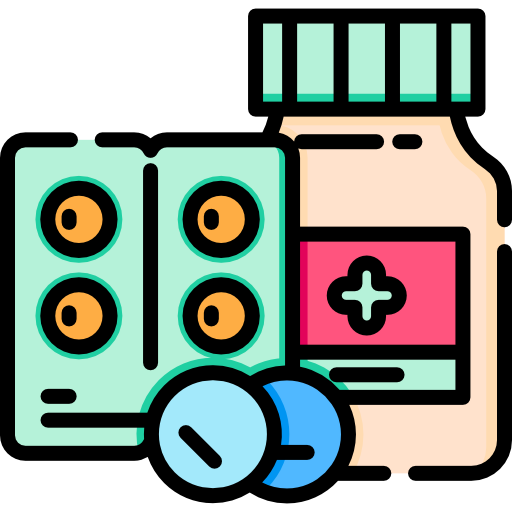
Don't ask if they're taking hormones or considering surgery. They might not know yet what they want to do about transitioning, and they might not have the financial resources or even access to gender-affirming healthcare.
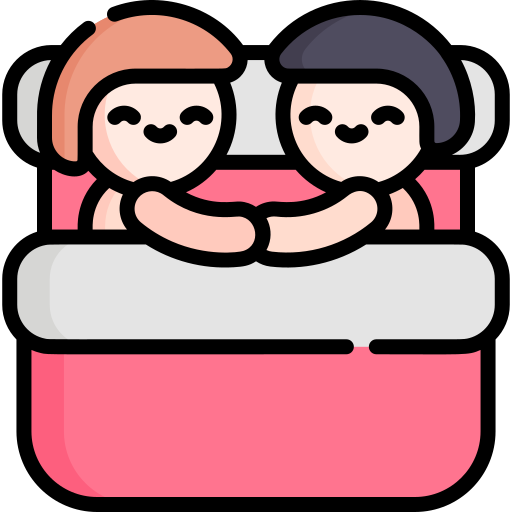
Don't ask about their sex life or sexual orientation. If they want to bring it up, they will. Your friend being comfortable coming out to you does not mean it is appropriate to ask intimate questions.

Don't use compliments based on gender stereotypes. By trying to be supportive you might unintentionally hurt your friend. For example "When you start wearing make-up, you'll look just like a real woman," focuses on their look and gender stereotypes.

Not every conversation has to be about their outing. Your friend is still the person you knew before they came out. They have other things to talk about than being a transgender person.
Quiz
Your friend just came out to you as man, how should you respond?
Take Action
Your feedback matters to us.
This Byte helped me better understand the topic.

